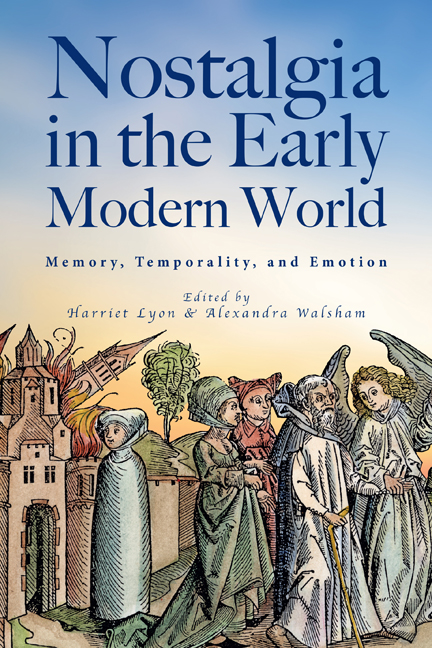6 - Memory, Nostalgia, and the Formation of a Greek Migrant Community
Published online by Cambridge University Press: 11 January 2024
Summary
On 7 April 1557, Giorgio Maruda and his cousin Demetrio, two Greek merchants from the island of Zante, travelled to the town of Recanati, in order to meet a woman named Drusiana Lascarina. They entrusted her with a relatively large sum of money, 100 Scudi, to keep safe until their return. It is never specified where they went, or why, but the care they took in detailing which of their relatives was authorised to collect the money in case of their demise might provide a hint regarding the nature of their activity, which was probably related to the risky but lucrative trade in skins, textiles, wool and wine, between the Italian cities and the Ottoman Empire.
Giorgio and Demetrio lived in Ancona, a major port city on the Adriatic coast of central Italy, and they were part of an expanding community of Greek migrants. Recanati, on the other hand, was a much smaller town, and a bit out of the way – twenty-five kilometres south of Ancona, and a trip on foot might take more or less a full day. So why did they bother? What reason justified travelling for a whole day in order to deposit the money in Drusiana's house? The answer to these questions can be found in the way the Greek community built itself and how it defined its own identity, using mechanisms that involved the use of both local memories and a nostalgic longing for the institutions of the long-gone Byzantine past.
Drusiana was no commoner: she was the wife of the magnificus et illustris vir Alessio Lascari Paleologo, a mercenary cavalry commander and self-styled descendant of Byzantine emperors, who at the time was busy riding around central Italy with his soldiers, fighting for Pope Paul IV in the short war against the Spanish on the southern borders of the Papal States. By picking Lascari's wife as the keeper of that money despite the distance between Ancona and Recanati, Giorgio and Demetrio Maruda implicitly recognised the family's claim to some kind of leadership of the Greek community of Ancona – a claim that was expressed and cemented in the previous decades by a whole host of acts of patronage that hearkened back to the Lascaris’ imperial pretences.
- Type
- Chapter
- Information
- Nostalgia in the Early Modern WorldMemory, Temporality, and Emotion, pp. 140 - 162Publisher: Boydell & BrewerPrint publication year: 2023



